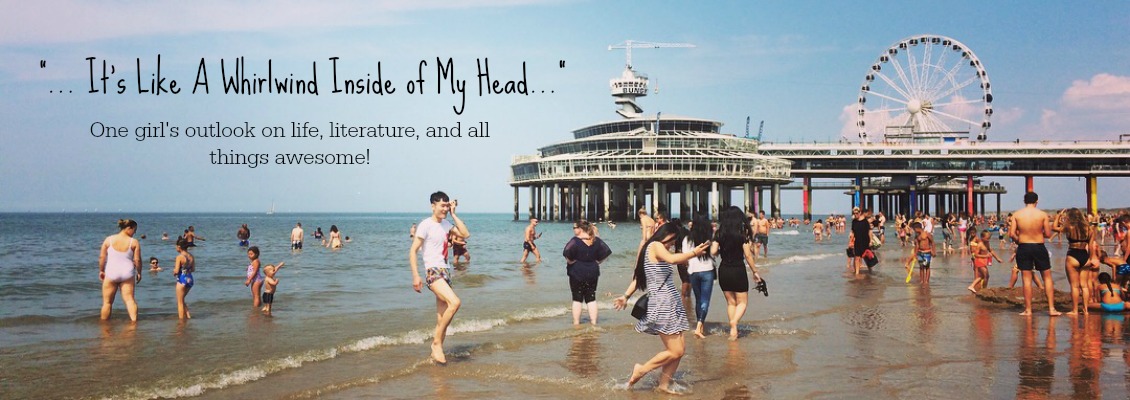"The unforgettable novel of a childhood in a sleepy Southern town and the crisis of conscience that rocked it, To Kill A Mockingbird became both an instant bestseller and a critical success when it was first published in 1960. It went on to win the Pulitzer Prize in 1961 and was later made into an Academy Award-winning film, also a classic.
Compassionate, dramatic, and deeply moving, To Kill A Mockingbird takes readers to the roots of human behavior-- to innocence and experience, kindness and cruelty, love and hatred, humor and pathos."
In an attempt to read more classic literature, I picked up 'To Kill A Mockingbird.' It probably sounds strange, but I knew nothing about this book beforehand. How silly. But I think not knowing anything about this book made it better for me; I had no expectations.
For anyone looking for a very basic description, this book is about humanity and we treat other humans based on differences whether those differences have to do with gender, the color of our skin, or our mental capabilities.
These are problems that we still have today. People are treated differently based on the color of their skin worldwide, every day. There is an awful stigma for mental illness. Women aren't in equal standing with men. We might not realize how big these problems are unless we experience the effects of these problems or unless we have these problems pointed out to us. Scout is young enough where she doesn't really understand why people with darker skin are treated differently. She doesn't really understand why Boo Radley is locked away. She's bothered when her brother treats her differently and calls her a girl, but she doesn't know what to do about it. Scout's innocence highlights why these problems are just that: problems. If the reason behind certain human interactions isn't clear to a child (like why a man with dark skin is convicted for a crime he didn't commit and punished because he was ALMOST set free) then we have an extreme problem.
I do wish that Scout had noticed more things about how she was being treated by others just because she's a girl. I won't get into that here. I'm really tempted to write an essay on this very subject just because I can.
This is one of the better things I've read lately.
I give 'To Kill A Mockingbird':
Thanks for Reading!
--Jude
In an attempt to read more classic literature, I picked up 'To Kill A Mockingbird.' It probably sounds strange, but I knew nothing about this book beforehand. How silly. But I think not knowing anything about this book made it better for me; I had no expectations.
For anyone looking for a very basic description, this book is about humanity and we treat other humans based on differences whether those differences have to do with gender, the color of our skin, or our mental capabilities.
These are problems that we still have today. People are treated differently based on the color of their skin worldwide, every day. There is an awful stigma for mental illness. Women aren't in equal standing with men. We might not realize how big these problems are unless we experience the effects of these problems or unless we have these problems pointed out to us. Scout is young enough where she doesn't really understand why people with darker skin are treated differently. She doesn't really understand why Boo Radley is locked away. She's bothered when her brother treats her differently and calls her a girl, but she doesn't know what to do about it. Scout's innocence highlights why these problems are just that: problems. If the reason behind certain human interactions isn't clear to a child (like why a man with dark skin is convicted for a crime he didn't commit and punished because he was ALMOST set free) then we have an extreme problem.
I do wish that Scout had noticed more things about how she was being treated by others just because she's a girl. I won't get into that here. I'm really tempted to write an essay on this very subject just because I can.
This is one of the better things I've read lately.
I give 'To Kill A Mockingbird':
Thanks for Reading!
--Jude



I just re-read this a year ago, and was truly stunned by how much it addressed justice and equity issues, given the time it was written. I think it was pre civil rights, women's movement, etc. It truly was inspirational at a time people just accepted the status quo. Hopefully it inspired those who eventually went on to change. Another book that was similar is cry the Beloved Country by Patton. A very easy read, and equally stunning for a book written in the 1950s.
ReplyDelete